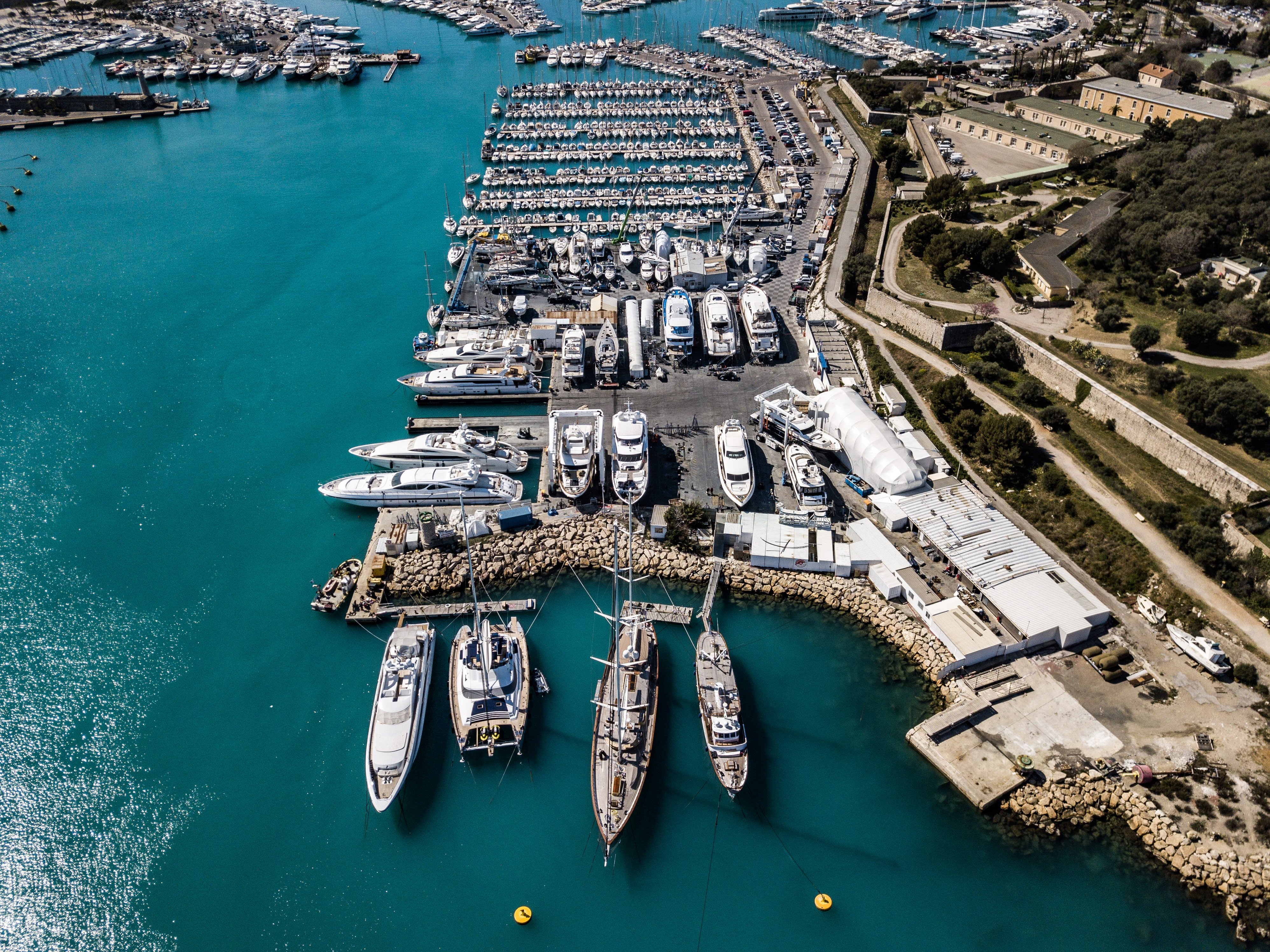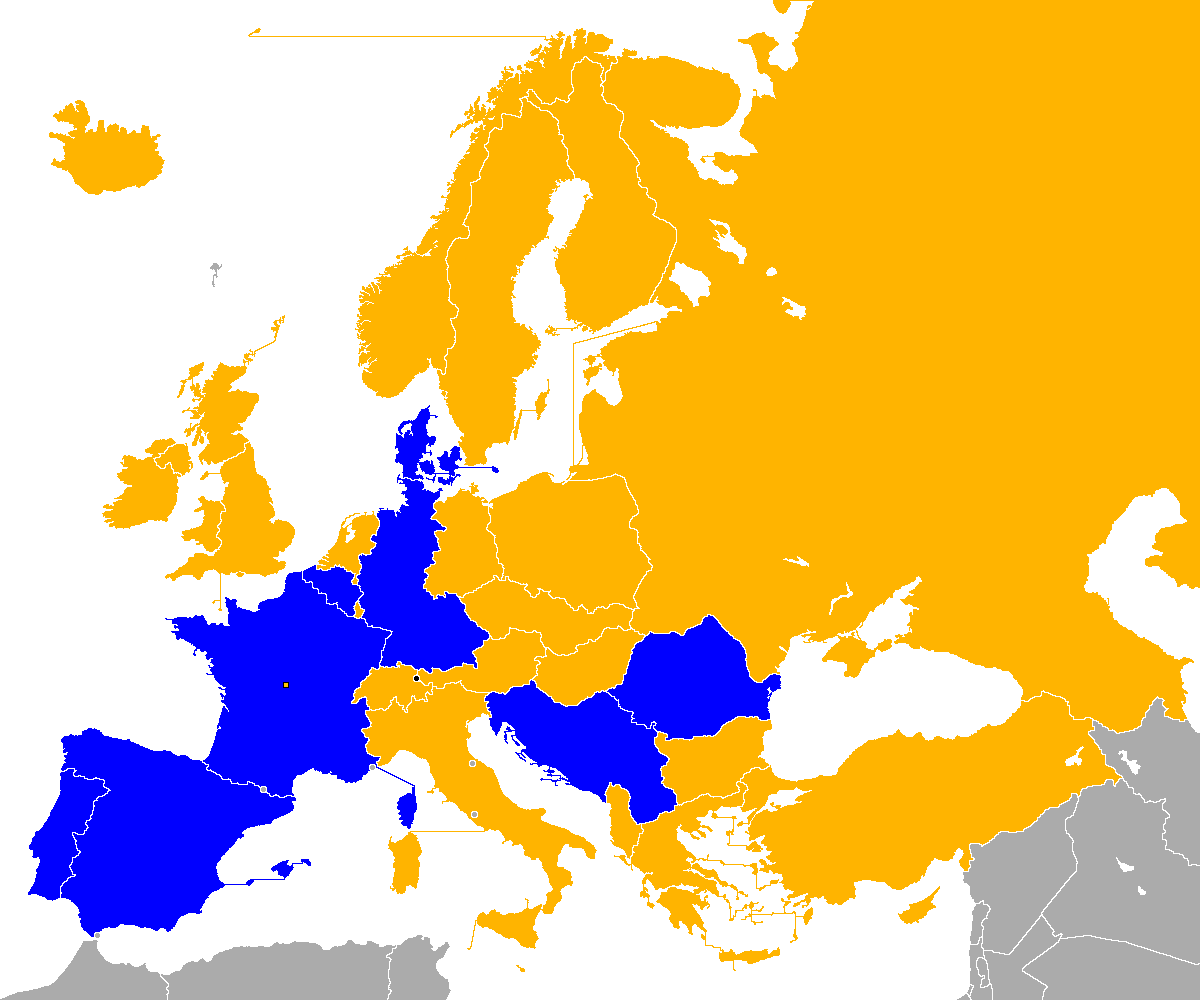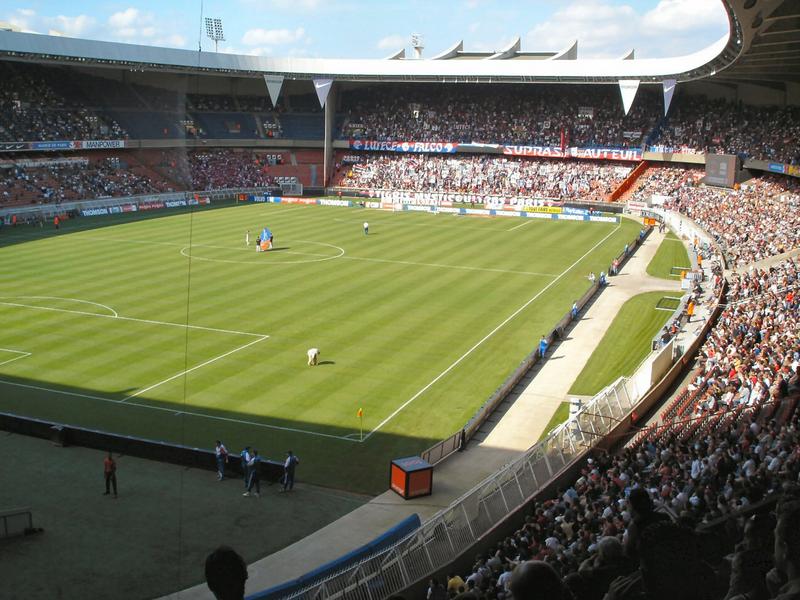|
Juan José (footballer, Born 1957)
Juan José Jiménez Collar (born 29 July 1957), known as Juan José, is a Spanish retired footballer who played as a right-back. Nicknamed Sandokan due to striking similarities with the fictional character, he was mainly associated with Cádiz, but also spent three years with Real Madrid, appearing in 231 La Liga games in exactly ten seasons. Club career Born in Cádiz, Andalusia, Juan José started his professional career with hometown club Cádiz CF, in the second division. In 1982 he signed with La Liga giants Real Madrid, being relatively used over three seasons; his only piece of silverware arrived in his last, but he had already lost his starting job to youngster Chendo. Juan José closed out his career with his first team, helping the Andalusians to six consecutive top-flight campaigns, with the player averaging 25 games per year. He retired at the age of 34. International career Juan José played four times for Spain, all coming in matches for the UEFA Euro 1984 quali ... [...More Info...] [...Related Items...] OR: [Wikipedia] [Google] [Baidu] |
Cádiz
Cádiz (, , ) is a city and port in southwestern Spain. It is the capital of the Province of Cádiz, one of eight that make up the autonomous community of Andalusia. Cádiz, one of the oldest continuously inhabited cities in Western Europe, was founded by the Phoenicians.Strabo, '' Geographica'' 3.5.5 In the 18th century, the Port in the Bay of Cádiz consolidated as the main harbor of mainland Spain, enjoying the virtual monopoly of trade with the Americas until 1778. It is also the site of the University of Cádiz. Situated on a narrow slice of land surrounded by the sea‚ Cádiz is, in most respects, a typically Andalusian city with well-preserved historical landmarks. The older part of Cádiz, within the remnants of the city walls, is commonly referred to as the Old Town (Spanish: ''Casco Antiguo''). It is characterized by the antiquity of its various quarters (''barrios''), among them ''El Pópulo'', ''La Viña'', and ''Santa María'', which present a marked contr ... [...More Info...] [...Related Items...] OR: [Wikipedia] [Google] [Baidu] |
El País
''El País'' (; ) is a Spanish-language daily newspaper in Spain. ''El País'' is based in the capital city of Madrid and it is owned by the Spanish media conglomerate PRISA. It is the second most circulated daily newspaper in Spain . ''El País'' is the most read newspaper in Spanish online and one of the Madrid dailies considered to be a national newspaper of record for Spain (along with '' El Mundo'' and ''ABC)''. In 2018, its number of daily sales were 138,000. Its headquarters and central editorial staff are located in Madrid, although there are regional offices in the principal Spanish cities (Barcelona, Seville, Valencia, Bilbao, and Santiago de Compostela) where regional editions were produced until 2015. ''El País'' also produces a world edition in Madrid that is available online in English and in Spanish (Latin America). History ''El País'' was founded in May 1976 by a team at PRISA which included Jesus de Polanco, José Ortega Spottorno and Carlos Mendo. The p ... [...More Info...] [...Related Items...] OR: [Wikipedia] [Google] [Baidu] |
The Scotsman
''The Scotsman'' is a Scottish compact newspaper and daily news website headquartered in Edinburgh. First established as a radical political paper in 1817, it began daily publication in 1855 and remained a broadsheet until August 2004. Its parent company, JPIMedia, also publishes the ''Edinburgh Evening News''. It had an audited print circulation of 16,349 for July to December 2018. Its website, Scotsman.com, had an average of 138,000 unique visitors a day as of 2017. The title celebrated its bicentenary on 25 January 2017. History ''The Scotsman'' was launched in 1817 as a liberal weekly newspaper by lawyer William Ritchie and customs official Charles Maclaren in response to the "unblushing subservience" of competing newspapers to the Edinburgh establishment. The paper was pledged to "impartiality, firmness and independence". After the abolition of newspaper stamp tax in Scotland in 1855, ''The Scotsman'' was relaunched as a daily newspaper priced at 1d and a circul ... [...More Info...] [...Related Items...] OR: [Wikipedia] [Google] [Baidu] |
1982–83 European Cup Winners' Cup
The 1982–83 season of the European Cup Winners' Cup was won by Scottish club Aberdeen in an extra-time victory against Real Madrid. Alex Ferguson's young side defeated the Spanish giants after a notable victory over Bayern Munich in the quarter-final. Having conquered the domestic game in Scotland, by defeating the European Cup holders Hamburger SV Hamburger Sport-Verein e.V. (), commonly known as Hamburger SV () or Hamburg (), is a German sports club based in Hamburg, with its largest branch being its football section. Though the current HSV was founded in June 1919 from a merger of three ... to win the 1983 European Super Cup, Aberdeen went on to become the only Scottish team to win two European trophies, a record which still stands today. It was the second and last time the title went to Scotland, following Rangers' victory in 1972. Preliminary round First leg ---- Second leg ---- First round First leg ---- ---- ---- ---- ---- ---- - ... [...More Info...] [...Related Items...] OR: [Wikipedia] [Google] [Baidu] |
UEFA Cup Winners' Cup
The UEFA Cup Winners' Cup was a European football club competition contested annually by the winners of domestic cup competitions. The cup was, chronologically, the second seasonal inter-European club competition organised by UEFA. The tournament ran for 39 seasons, with the final edition held in 1998–99, after which it was discontinued. The first tournament was held in 1960–61, but it was organised by the Mitropa Cup's Organising Committee and not recognised by the governing body of European football until 1963, when it was accepted as a UEFA competition on the initiative of the Italian Football Federation (FIGC). From 1972 onwards, the winner of the tournament progressed to play the winner of the European Cup (later the UEFA Champions League) in the European Super Cup. Since the abolition of the UEFA Cup Winners' Cup, the UEFA Super Cup place previously reserved for the Cup Winners' Cup winner has been taken by the winner of the UEFA Cup, now the UEFA Europa League. T ... [...More Info...] [...Related Items...] OR: [Wikipedia] [Google] [Baidu] |
1985 Copa De La Liga
The 1985 Copa de la Liga was the third year of Copa de la Liga. The competition started on April 11, 1985 and concluded on June 15, 1985. Due to time constraints, saturation and club pressure, the Copa de la Liga only lasted four years from its introduction in 1982, being cancelled in 1986. Format The Copa de la Liga was played by 18 teams of 1984-85 La Liga and the 4 winners of 1984 Copa de la Liga of Segunda División, Segunda División B and Tercera División. All rounds were played over two legs. The team that had the higher aggregate score over the two legs progressed to the next round. The 1984-85 Copa del Rey winner was exempt until the quarter-finals and the 1984-85 Copa del Rey quarter-final losers were exempt until the second round. La Liga Other teams *CD Castellón, winner of 1984 Copa de la Liga of Segunda División. *Gimnàstic de Tarragona, winner of 1984 Copa de la Liga of Segunda División B group I. *CD Antequerano, winner of 1984 Copa de la Liga of Segund ... [...More Info...] [...Related Items...] OR: [Wikipedia] [Google] [Baidu] |
Copa De La Liga
The Copa de la Liga (League Cup in Spanish) was a Spanish football tournament created in 1982. Due to time constraints, saturation and club pressure, the competition only lasted four years, being cancelled in 1986. Winning the trophy helped two clubs to complete cup doubles: FC Barcelona with the Copa del Rey (1983) and Real Madrid with the UEFA Cup (1985). In all four finals, the team that played the second leg at home won the trophy. Format The League Cup was a straight knock-out competition. All ties were played over two legs, home and away, with the team with the largest aggregate score progressing. The final also consisted of two games. If the aggregate score was tied after two legs of ninety minutes each, extra-time would be played. If that failed to separate the teams, a penalty shootout would determine the winner. Unlike the Copa del Rey, the away goals rule was not applied. Champions References External linksSpain – List of League Cup Finals at RSSSF The R ... [...More Info...] [...Related Items...] OR: [Wikipedia] [Google] [Baidu] |
Shipyard
A shipyard, also called a dockyard or boatyard, is a place where ships are built and repaired. These can be yachts, military vessels, cruise liners or other cargo or passenger ships. Dockyards are sometimes more associated with maintenance and basing activities than shipyards, which are sometimes associated more with initial construction. The terms are routinely used interchangeably, in part because the evolution of dockyards and shipyards has often caused them to change or merge roles. Countries with large shipbuilding industries include Australia, Brazil, China, Croatia, Denmark, Finland, France, Germany, India, Ireland, Italy, Japan, the Netherlands, Norway, the Philippines, Poland, Romania, Russia, Singapore, South Korea, Sweden, Taiwan, Turkey, the United Arab Emirates, Ukraine, the United Kingdom, the United States and Vietnam. The shipbuilding industry is more fragmented in Europe than in Asia where countries tend to have fewer, larger companies. Many naval vessels ar ... [...More Info...] [...Related Items...] OR: [Wikipedia] [Google] [Baidu] |
UEFA Euro 1984 Qualifying
The qualifying round for the 1984 European Football Championship consisted of 32 teams divided into seven groups; three of four teams and four of five teams. The qualifying round was played at various times between May 1982 and December 1983, with some groups concluding earlier than others. Qualified teams Seedings The draw took place on 8 January 1982 in Paris, France. 32 teams were drawn from the five pots into the seven groups. France qualified automatically as hosts. Teams qualified to the final tournament are in bold. Overview There were a number of extremely close finishes in some of the qualifying groups. In Group 2, Portugal edged out the Soviet Union by beating them narrowly 1–0 on a penalty by Rui Jordão in Lisbon on the final day. Meanwhile, in Group 5, again on the final day, Romania managed to hold on for a tense 1–1 draw in Bratislava and qualify at the expense of Czechoslovakia. A major surprise in this group was the poor performance of then-World Cup ... [...More Info...] [...Related Items...] OR: [Wikipedia] [Google] [Baidu] |
UEFA Euro 1984
The 1984 UEFA European Football Championship final tournament was held in France from 12 to 27 June 1984. It was the seventh UEFA European Championship, a competition held every four years and endorsed by UEFA. At the time, only eight countries took part in the final stage of the tournament, seven of which had to come through the qualifying stage. France qualified automatically as hosts of the event; in the tournament led by Michel Platini, who scored nine goals in France's five matches, ''Les Bleus'' won the championship – their first major international title. Bid process The hosting of the event was contested by bids from France and West Germany. The French bid was unanimously selected by the UEFA Executive Committee at a meeting on 10 December 1981. Tournament summary Group matches The opening game of tournament featured France and Denmark. The sides played out a very close encounter until Michel Platini's goal on 78 minutes gave the hosts a 1–0 victory. The opening ga ... [...More Info...] [...Related Items...] OR: [Wikipedia] [Google] [Baidu] |
Marca (newspaper)
''Marca'' (), stylised as ''MARCA'', is Spain's national daily sport newspaper owned by Unidad Editorial. The newspaper focuses primarily on football, in particular the day-to-day activities of Real Madrid, FC Barcelona, and Atlético Madrid. Also, It has daily and fresh information about influencers, Instagram Girls, an infamous programme first dates, and other Pink press. It has a daily readership of over 2,500,000, the highest in Spain for a daily newspaper, and more than half of sports readership, as of 2007. Since February 2001, there has also been an association 24-hour/day sports radio station, Radio Marca. In 2010, the TV channel MARCA TV was launched, before being closed in 2013. History and profile ''Marca'' was founded on 21 December 1938, at the height of the Spanish Civil War, in nationalist-held San Sebastián. Its founding editor was Manuel Fernández Cuesta, uncle of businessman Nemesio Fernández-Cuesta. On 3 September 1987 Luis Infante became the editor of th ... [...More Info...] [...Related Items...] OR: [Wikipedia] [Google] [Baidu] |





_I_Gala_del_Baloncesto_Español_03.jpg)